IERIS-UEW Looks into the State of Education in Ghana
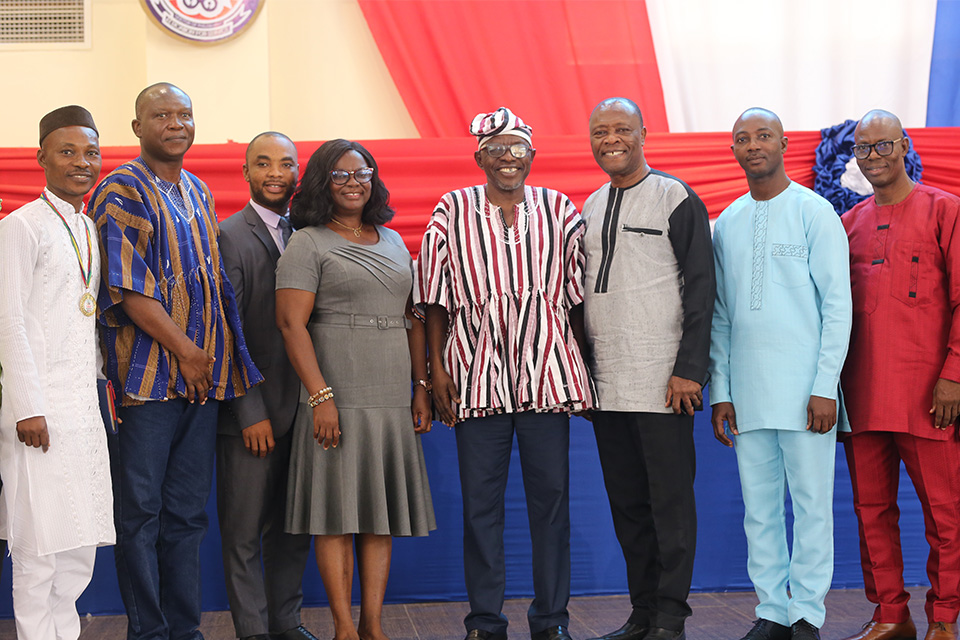
The Institute for Educational Research and Innovation Studies (IERIS), University of Education, Winneba (UEW), has held its maiden annual lecture series to assess the state of education in Ghana.
The lecture, held at the Jophus Anamuah-Mensah Conference Centre, was under the theme "Education in Ghana: Past, Present, and Future: A Focus on Policy Reforms from an Academic Perspective".
Addressing participants on the theme, a professor of Educational Leadership at the Institute for Educational Planning and Administration (IEPA), University of Cape Coast, Prof. George K. T. Oduro, commended IERIS for pinpointing the discourse on policy reforms within a historical and future context, highlighting the past, present, and future.
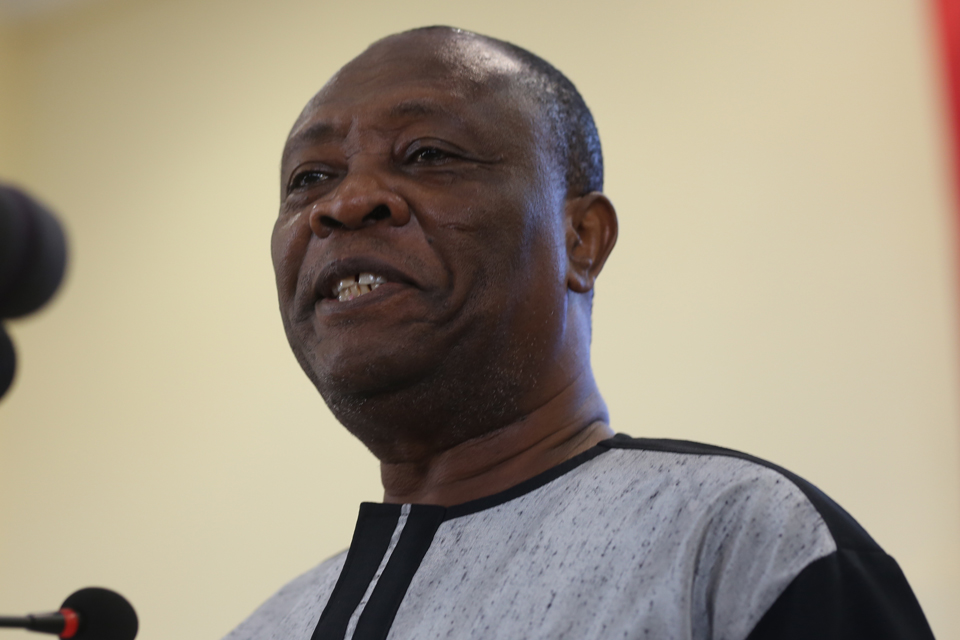
"Indeed, as the adage goes, ‘the most effective way to destroy people is to deny and obliterate their own understanding of their history’. Hence, a generation that ignores history has no past and no future. It is only when we search the past for policy reforms that our understanding of today’s policy reforms becomes strategically meaningful for the future," he acclaimed.
Prof. Oduro underscored the eminent role of policy in the operations of all sectors of a nation’s economy. He recounted the many reforms Ghana’s educational system had undergone since the nation became a Republic in 1960. He pointed out that one of the country’s major education reforms occurred in 2007 when the then-President John Kuffour set up a committee led by UEW’s first Vice-Chancellor, Prof. Jophus Anamuah-Mensah, to introduce educational reforms that would reflect the human capital needs of the country.
"The government set up the Anamuah-Mensah’s committee to introduce educational reforms that would preserve the cultural identity/traditional indigenous knowledge, or creativity of the Ghanaian and bridge the science and technology knowledge gap. Following the Anamuah-Mensah Committee’s report, kindergarten education was integrated into the basic education system," he affirmed.
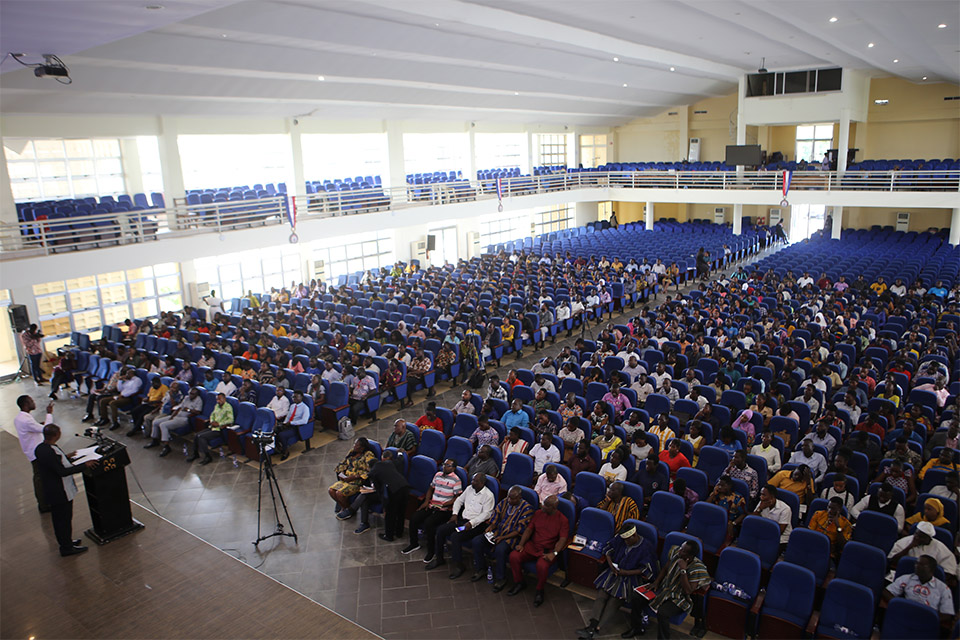
He underlined the necessity to centre the policy debate on accessibility, viability, and sustainability from the very beginning. This, he asserted, would guarantee that Ghanaians, regardless of political, ethnic, or religious orientation, jointly own future educational policies. He pleaded with governments to foster an environment of inclusion and welcome opposing viewpoints on policy implementation in future policy reforms.
"A national stakeholder forum devoid of political party discrimination should be created for constructive interrogation of issues. I expect our future educational policy to target education in rural, less-endowed contexts in our country. This is because our past and present educational policies have had little impact on the quality and equity components of SDG 4, especially in disadvantaged rural schools. Future educational policy must focus more on the poor, who cannot pay their children’s fees. This will ensure fairness and justice, which underpin equity," he stated.
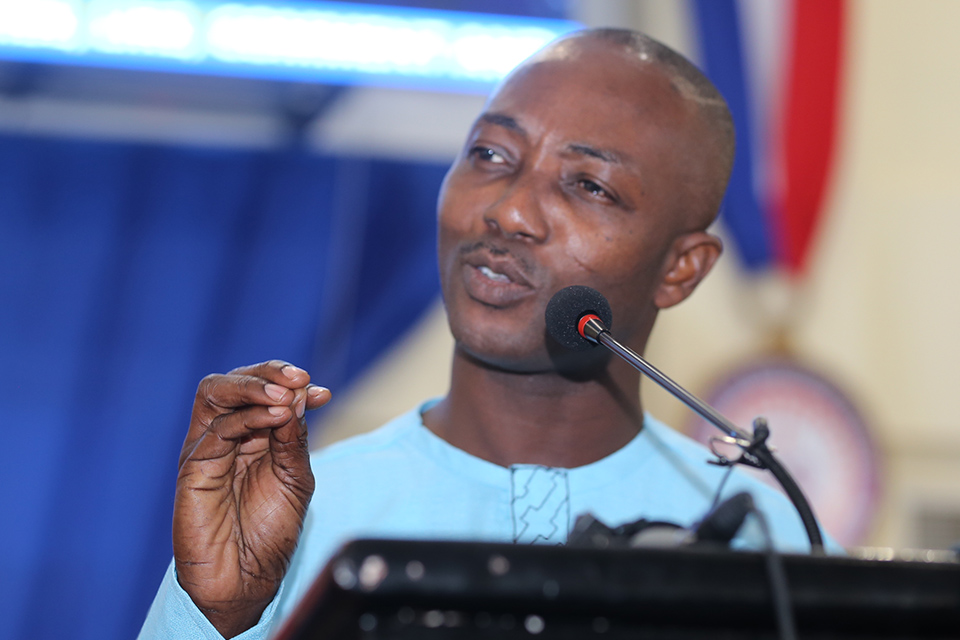
The Dean of the School of Creative Arts, Prof. Emmanuel Obed Acquah, chaired the occasion on behalf of the Vice-Chancellor of UEW, Prof. Mawutor Avoke. He stressed the need to have a discourse on educating for excellence as a teacher education institute. He indicated that the event would play a pivotal role in fulfilling UEW’s mandate to drive educational policies relevant to its academic programmes as an institution.
"You'd agree with me that Ghana has faced a lot of challenges in its educational system. Historically, we can talk about limited access to education, especially in rural areas, but the government has made significant efforts to improve access, and Ghana has continued to make improvements in its educational system. We are not oblivious to the fact that there are challenges. There have also been efforts to improve infrastructure, teacher training, and access to educational resources.
"It is essential to know that the future of education in every country is influenced by various factors. We can talk about government policies, economic conditions, technological advancement, and societal changes. Consequently, the trajectory of education in Ghana will depend on how these factors evolve and how effectively all stakeholders, including our university, address them," he averred.
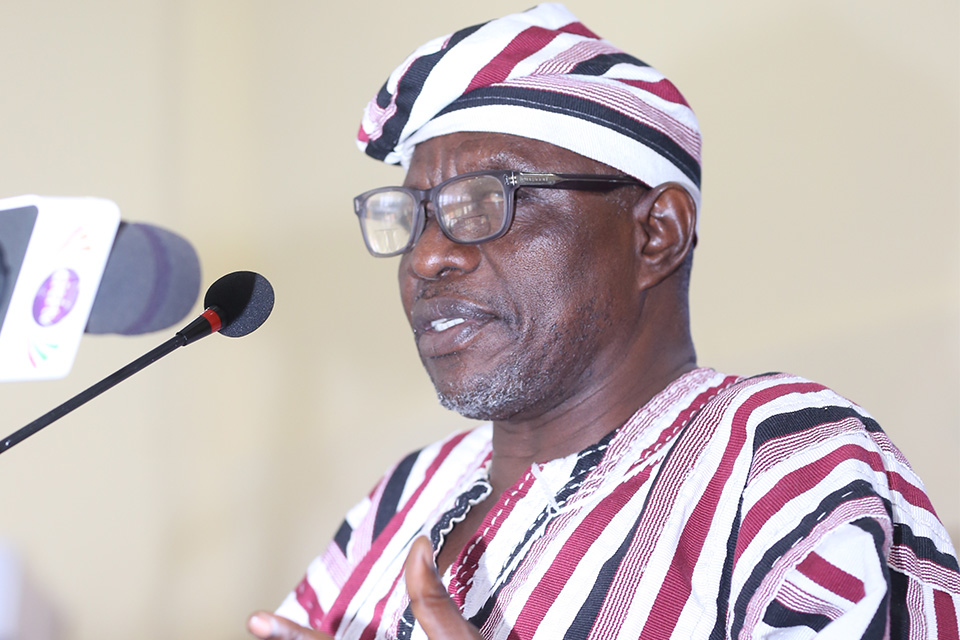
The Director of IERIS and host, Prof. Ephraim Avea Nsoh, stated that the annual education lecture series was to help bring the state of education to light and, most importantly, to generate critical debate on critical issues. He indicated that it was time for experts and technocrats to initiate discussions on education rather than leave it to the media and politicians. He asked educators at the forum and elsewhere to lead these discussions.
He revealed that as part of IERIS’ mandate to research basic education, school, and community science, and education policy, plans are far advanced for the establishment of a fourth centre to focus on indigenous knowledge, language, culture education, and research.
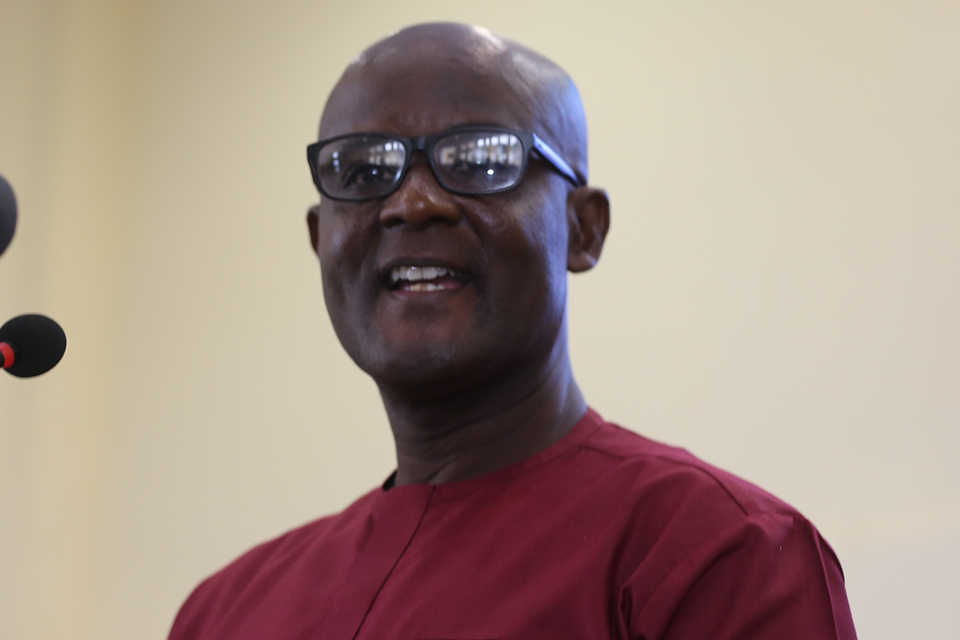
The Head, Centre for Educational Policy Studies, IERIS-UEW, Dr. Kwame Odei-Tettey, in an exposition on their research paper titled, "Dismantling Ghana’s Educational System: Regime Change, Political Formations, and the Politics of Educational Reforms," sought to raise fundamental questions from the paper, which he hoped would be discussed at the forum to elicit appropriate answers.








